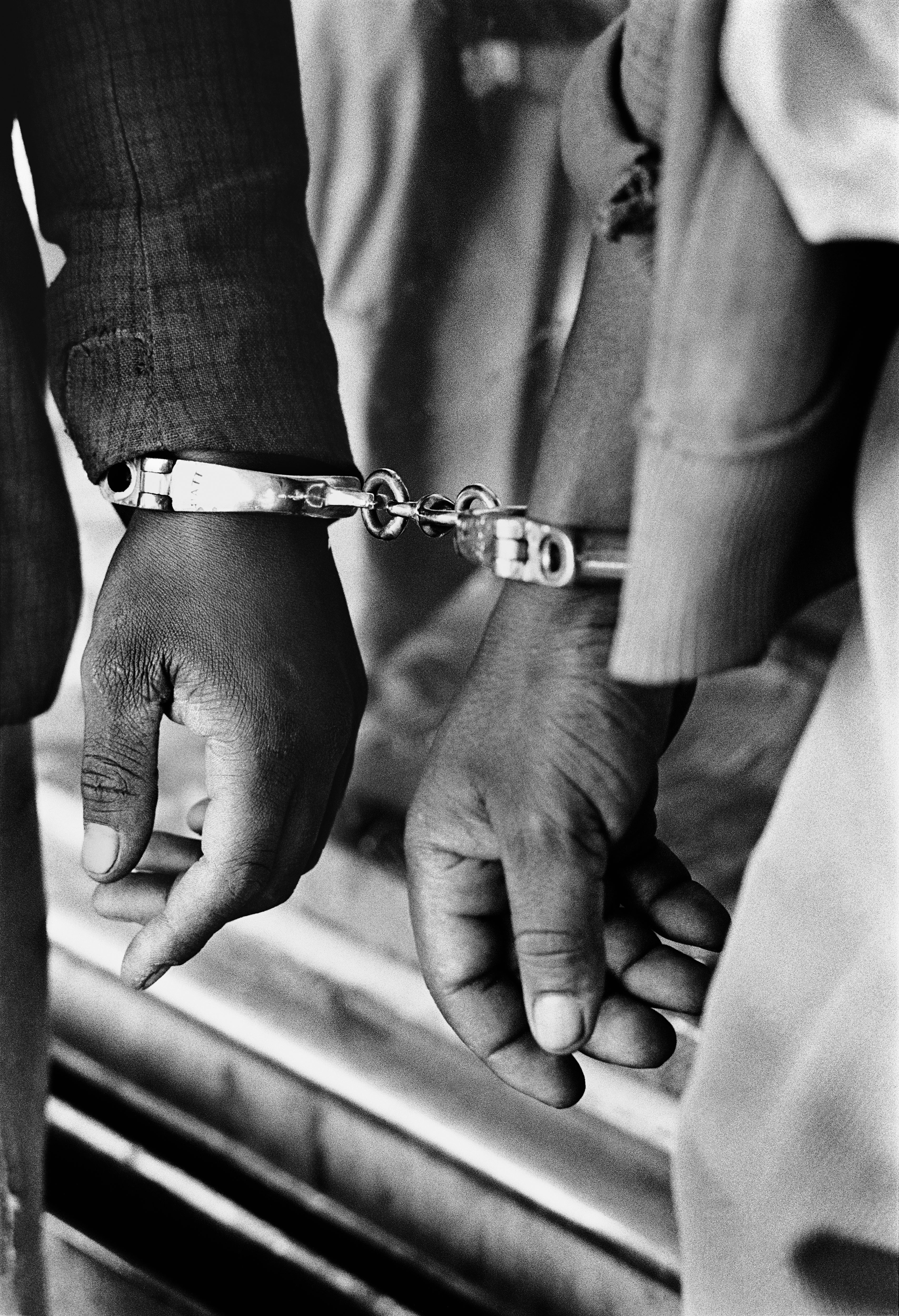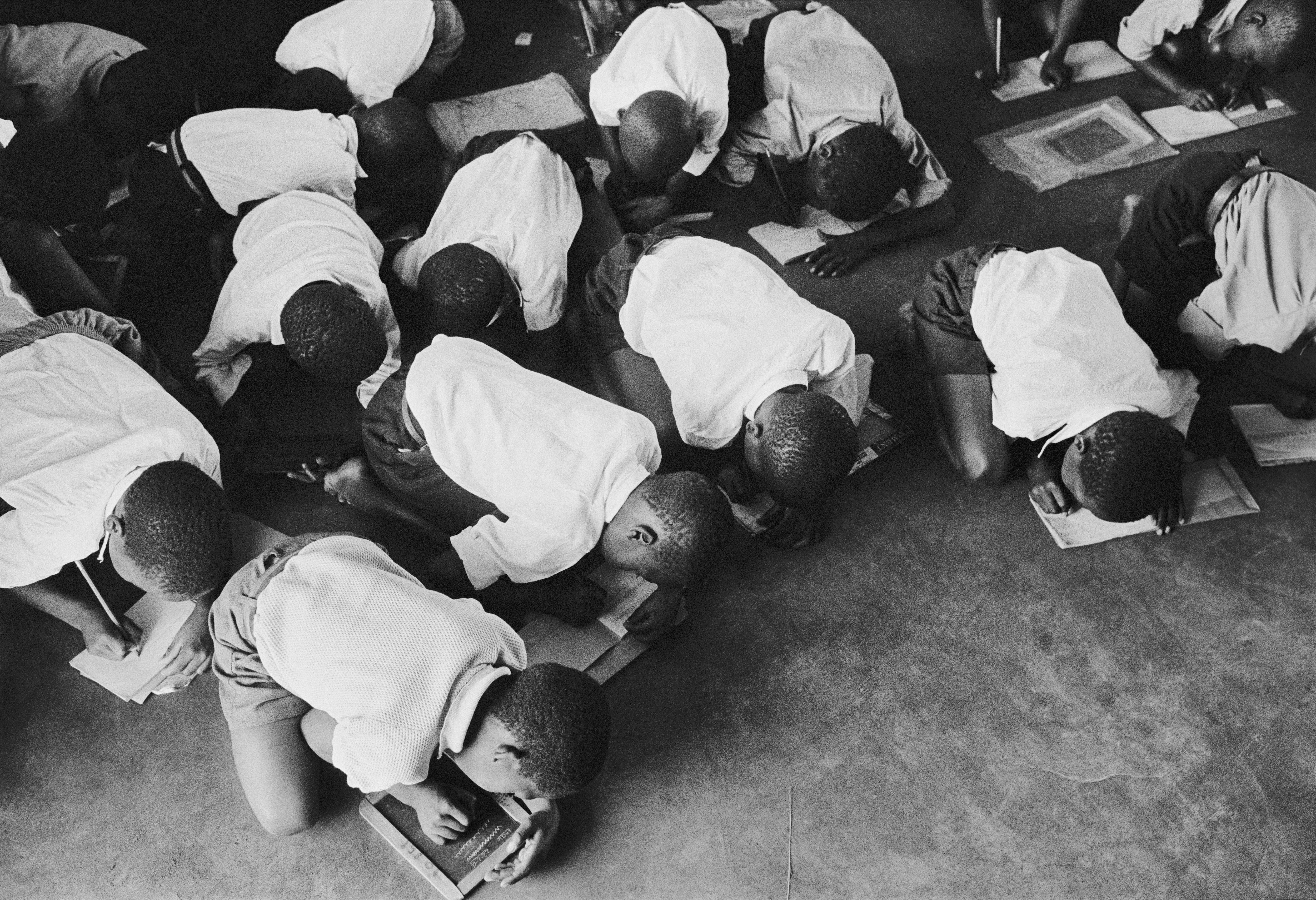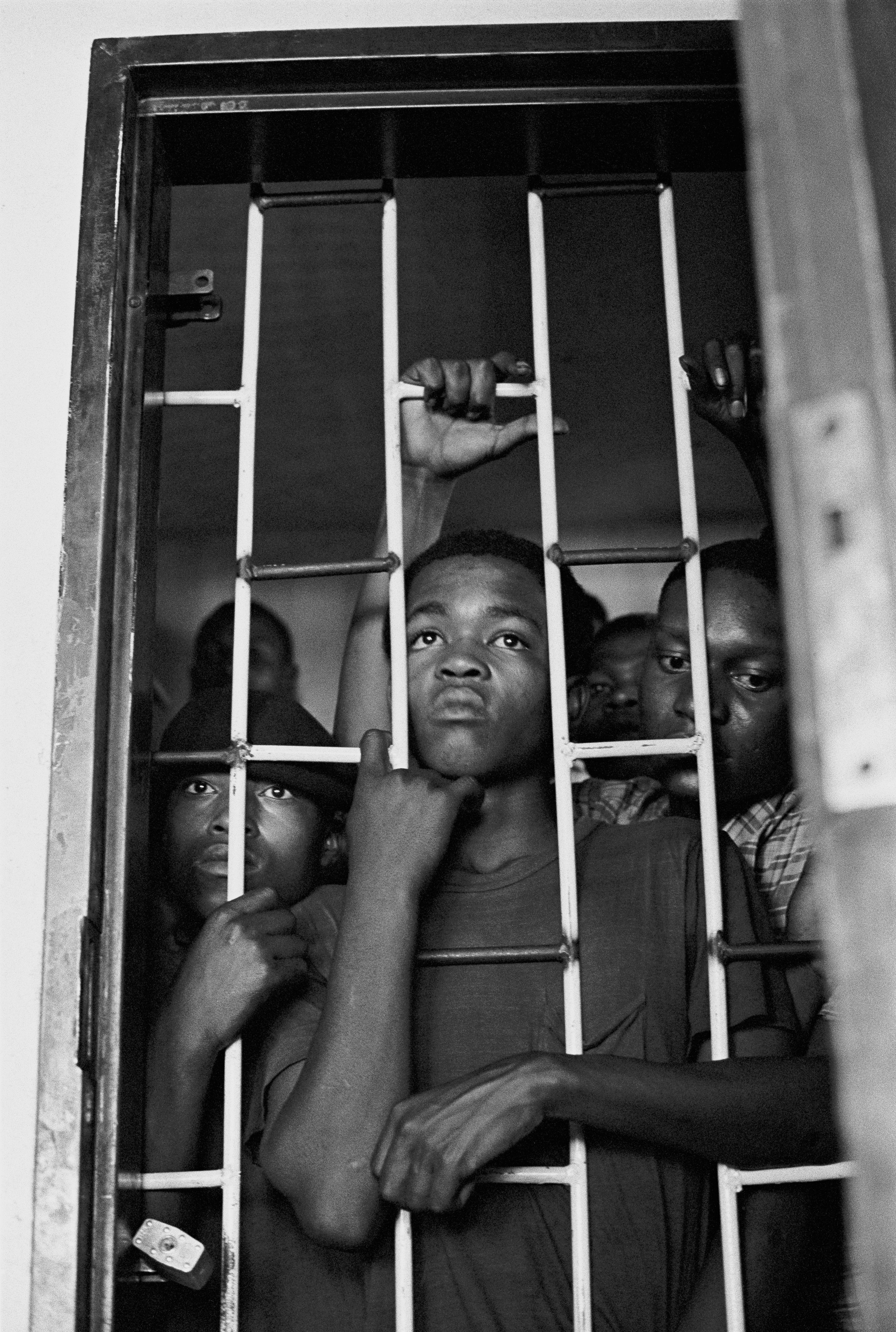
Ernest Cole is renowned as one of the most important documentary photographers in history, chronicling the reality and brutality of Apartheid in South Africa.
This summer Ernest Cole: House of Bondage will go on show at The Photographers' Gallery, displaying a curated selection of images from the extensive body of work House of Bondage. Cole's most important work was published as a photo book and showcased to the world the violence and injustices of Apartheid.
Ernest Cole was born in 1940 in a township in South Africa named Transvaal. He experienced many of the oppressive injustices forced upon his people famously saying, “Three hundred years of white supremacy in South Africa have placed us in bondage, stripped us of our dignity, robbed us of our self-esteem, and surrounded us with hate.”

Cole was one of the first Black freelance photographers in South Africa and was commissioned to work on assignments for Drum Magazine and the New York Times where he would document the struggles of daily life throughout the country.
Cole documented the vicarious living conditions of the Black population, from mine workers to domestic workers in white households. He paid particular interest in documenting the youth, in particular the young children who were denied a proper education under the Bantu Education Act – a provision that enforced racially separated educational facilities.
In 1966 Cole fled his home nation and settled in New York, where he was able to smuggle out hundreds of his photographs. In 1967 the first edition of House of Bondage was published which showed the world the realities of the violence and repression enforced by the apartheid system. The resulting publication turned out to be one of the most important photobooks of the twentieth century.
It is the publication where the exhibition gets its structure, featuring over 100 photographs across the 15 thematic chapters featured in the original edition of the book. It also includes works from the chapter ‘Black Ingenuity’, which was not published in the original edition but featured in the re-editioned version in 2022. The exhibition will also feature early original prints, personal documents, original editions, ephemera, and filmed interviews with Cole.

The exhibition has been expertly adapted for exhibition at The Photographers' Gallery by Karen McQuaid, and I was able to ask a few questions about the upcoming showcase.
I wonder if you could speak on the importance of Cole's work, and why it is just as important people see it today.
It can’t be understated that when Cole’s groundbreaking ‘House of Bondage’ was published 1967, not that much imagery had circulated beyond South Africa that described the reality of living under Apartheid. ‘House of Bondage’ was unique in how substantive it was as a study of the impacts of apartheid. Importantly it was from the perspective of a Black man for whom the brutality of the system was his everyday life, rather than a visiting international photojournalist. Making the work also came at a risk, and ultimately led to Cole being banned from his home country.
The conditions that allow for us to dehumanise others, tiered levels of statehood, segregated communities and economic disparity along racial lines are sadly still extremely relevant issues today. I’d argue that looking carefully at the realities of apartheid and the personal costs to Cole for voicing his dissent are potent today.
The Photographers' Gallery displays so much important work, what does it mean to add Ernest Cole to that esteemed list of photographers?
It is very important that The Photographers’ Gallery champions the legacy of a photographer like Cole. We are committed to reevaluating key works from the history of photography. Bringing this work to London and to our visitors is a real privilege. London was a particularly strong centre for the international anti-apartheid movement that followed in the decades after the book was released, so it feels special to show the work in this city.
With such an extensive body of work, how were the images for the exhibition selected?
We are working in great collaboration with curators from Magnum, who represent the estate, and the Deutsche Börse Photography Foundation, who have shown the work previously. It’s a creative collaborative dialogue.
The exhibition takes its name from Cole’s body of work and photobook, how closely did you use the book as a reference?
House of Bondage was sensitively republished by Aperture in 2022, this brought Cole’s work to renewed attention. The original publication from 1967 is the blueprint for the reedition, and also this exhibition. They are both faithful to the original book and respectful of its status as a tool of activism and a milestone in photography publishing.

Ernest Cole: House of Bondage will be exhibited at The Photographers' Gallery in London from June 14 to September 22, 2024. If you are able, I highly recommend visiting this important work, as it is not only a documentation of photography history but human history.







